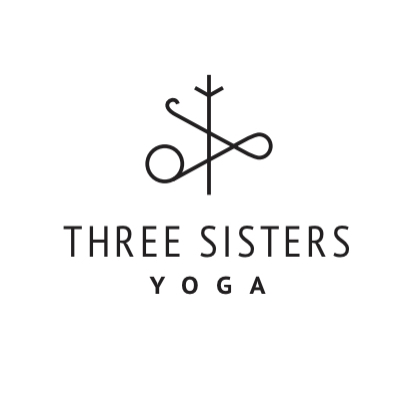I have been spending a lot of time lately thinking about the concept of freedom and our perceptions of it. I think we are often told that being free is akin to eternal happiness. When we are truly “free” we will feel blissful, comfortable and calm. From an esoteric perspective, this is what freedom promises us; a life free from suffering. However, freedom from suffering doesn’t necessarily mean a life of happiness. The presumption that the other side of suffering is happiness is a human construct. It is based on the assumption that happiness in and of itself is a preferred state and that it is sustainable. It ignores the fact that unhappiness sits on the other side. Just like there is a sun and a moon, happiness and unhappiness are eternal bedfellows. If you have one, you will most definitely gain the other at some point. Therefore, the absence of suffering is not happiness. It is merely the absence of a state of being. What that looks like is truly anyone’s guess!
What we consider our own, personal freedoms are often misconstrued in the same way. Freedom as a concept invariably comes with the subtext of “happiness.” I enjoy freedoms; therefore, I am happy. Yet, human freedom is not always joyful. It is not always fun. In order to ensure my own freedom, I must confer freedom upon others. In conferring freedom upon others, I am going to be subjected to their differences. Their differences are going to make me mad, sad, uncomfortable. I will then have to grapple with the concept of what it means for everyone to be free, including the people I don’t like. I have to grapple with myself. Personal freedom is personal responsibility. We have to take ownership of our choices and their consequences. Personal, human freedom is, by its very nature, suffering. It forces us to look at our own nature and choose to either rise above or give into it.
Freedom isn’t a guarantee of safety. It never promises you will be safe from harm. We are not safe because we are free. We are free; and we may or may not be safe. That is why fighting for and accepting freedoms comes with risk. It is an act of courage and bravery. Not because we have to fight everyone who doesn’t think like us, but because we have to accept that everyone doesn’t act like us. We have to be big enough, bold enough, strong and brave enough to be OK with the shadow of the unknown, the “otherness” of others.
After 9/11, permits were filed to build a mosque next to the World Trade Center. The buildings were still in rubble and emotions were raw. There was a public outcry. I remember saying that I felt that, if the zoning laws permitted it, they should be allowed to build their mosque where they wanted. Someone snapped back “You do? Why?!” My response then, is my response now; freedoms don’t just apply to the dominant group. They belong to everyone. If I am pro this and you are anti that, you aren’t wrong because I think I am right. And the fear of “other” is not a sufficient reason to deny someone their humanity.
Accepting the freedoms of everyone is an act of bravery. It is a step off a ledge into the abyss. It is an act of faith and humility.
Leaders take that leap of faith first. Leaders survive the free fall of uncomfortable otherness and live to tell the tale.
Therefore, in your yoga practice, in your life, be the one to leap first. Others will follow.
